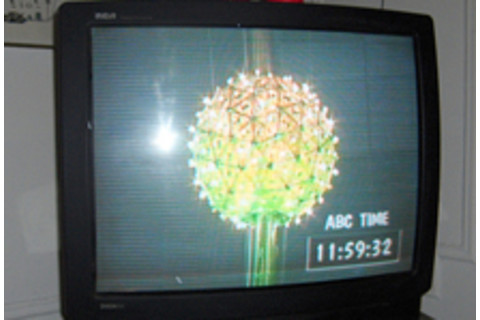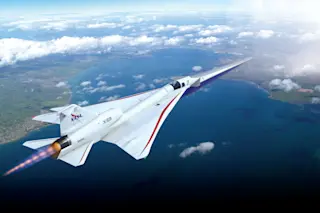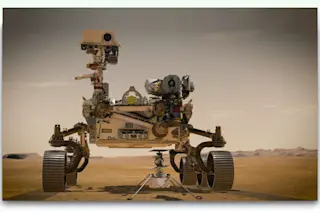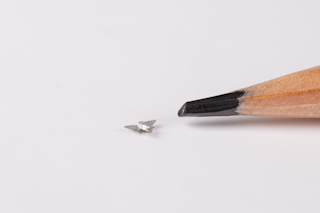
As the year 2008 draws to a close, the world's timekeepers are giving us a little extra time to wrap up loose ends: They're giving us one extra second, to be precise. The "leap second" must be added to keep atomic clocks ticking along in time to the planet's rotation.
So at precisely 23:59:60 at Greenwich, England, on New Year's Eve, there will be a one-second void before the onset of midnight and the start of the New Year.... By the time the transition from 2008 to 2009 arrives in North America the Leap Second will have already been inserted into the world's timescale [SPACE.com].
The adjustment is necessary because we have two different ways of measuring time.
Traditionally, humankind has reckoned time by the spin of the Earth and its orbit around the sun. Under this astronomical arrangement, a second is one-86,400th of our planet’s daily rotation. But because of tidal friction and other natural phenomena, that rotation is slowing down by about two-thousandths of a second a day. Since the 1950s, however, atomic clocks — which are based on the unwavering motions of cesium atoms — have made it possible to measure time far more accurately, to within a billionth of a second a day [The New York Times].
To keep the two measurement systems in alignment, the atomic clocks have to add an extra second about every 500 days. The world body that's responsible for timekeeping, the International Earth Rotation and Reference Systems Service, has previously inserted 23 leap seconds since the practice was instituted in 1972; the last one was slipped in during 2005. However, the leap second can cause some headaches in this modern age.
In our digital world, the smooth operation of everything from A.T.M.’s to the Internet depends on the exactly timed transmission of electronic data. Leap seconds can crash cellphones, G.P.S. receivers, computer networks and other modern conveniences that have not been programmed to expect them. “Leap seconds turn out to be more of a pain in the neck than Y2K ever was” [The New York Times],
says Geoff Chester, a spokesman for the United States Naval Observatory. But if you don't want to waste your extra second worrying about whether your digital devices will crash, what should you do with your extra time? Some commentators suggest that you can get a lot done in a second. For example:
Question Authority... Visualize World Peace... Gaze at the stars and contemplate the 186,000 miles that light will travel in that second... Fall in Love ("It only takes a moment") [The Examiner].
Related Content: DISCOVER: Leap Seconds delves deeper into the problems that extra seconds can cause DISCOVER: Newsflash: Time May Not Exist DISCOVER: How Your Brain Can Control Time
Image: flickr / Joe Shlabotnik













